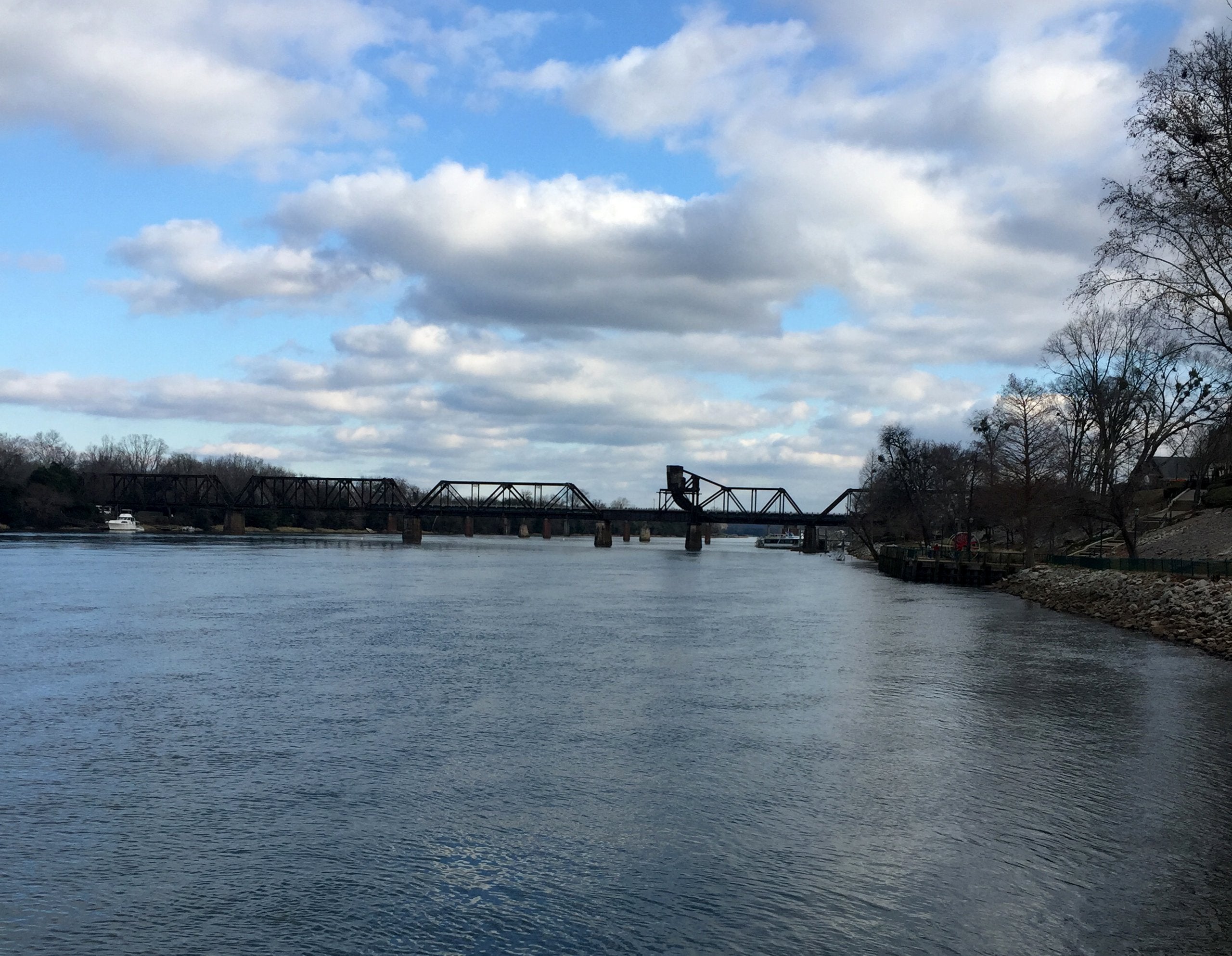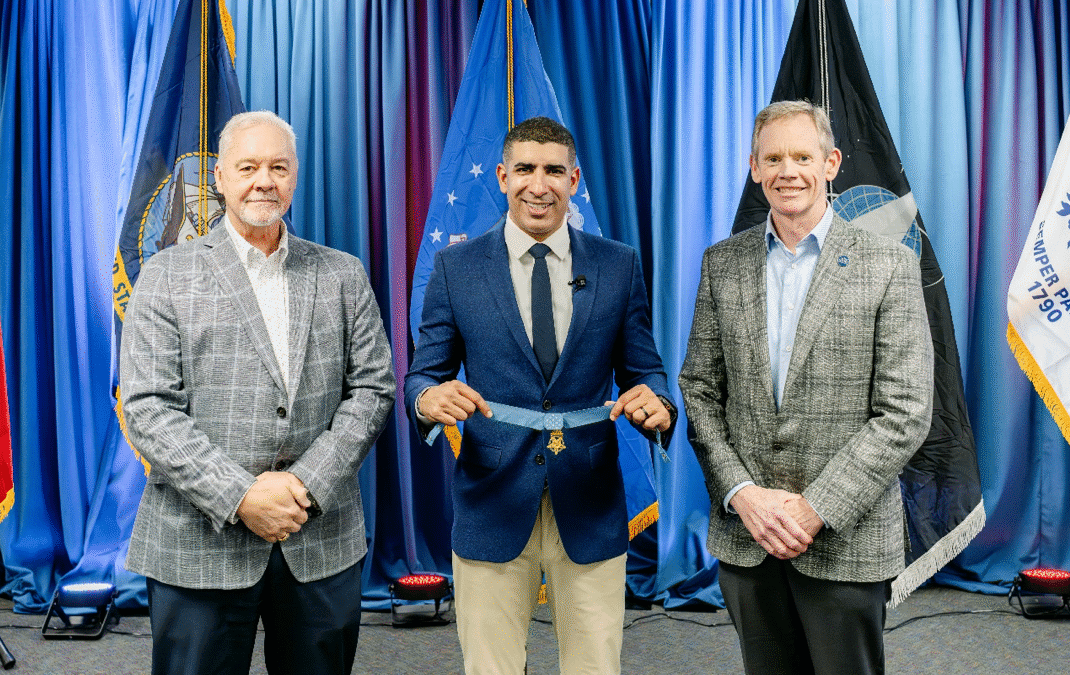Completed in 1937, the Savannah River Lock and Dam is very important for the Savannah River frontage between North Augusta, Aiken County and Augusta, Richmond County because it maintains the river’s water level between the two cities and counties. Multiple industries depend on the current water level for operating their facilities and employing hundreds of people on both sides of the river. Also, the city of North Augusta depends on the current water level as a source for its drinking water.
Opinion
In recent years, the Savannah Harbor in Savannah was deepened for the Savannah Port. Because the harbor deepening may negatively impact some habitat of the short-nosed sturgeon, the federal government’s permit to proceed required that the fish be allowed to travel in the river above the Lock and Dam to mitigate any damage to the fish’s habitat at the Savannah Harbor. The current lock and dam – which is over 80 years old – has no fish passage.
Rather than repair the existing Lock and Dam and add a separate fish passage, the Army Corps of Engineers’ preferred alternative is to remove the lock and dam and build a rock weir in the river near the current Lock and Dam. Because the rock weir will be fixed, the river’s water level between North Augusta and Augusta will have to be lowered from its current level to prevent flooding concerns. To simulate what that level would be, in mid-February of 2019, the Army Corps lowered the river’s pool between North Augusta and Augusta to the level where it will be if the Corps’ preferred alternative moves forward. When the Corps temporarily lowered the river’s pool, thousands of people on both sides of the river were astounded at the Corps’ proposal for the river because of the mudflats and lack of river accessibility. The Corps ended the simulation several days early because of fears that portions of the riverbank on the Georgia side would collapse.
Beginning in 2018, South Carolina’s federal, state and local elected leaders, along with leaders from the Augusta region in Georgia, have continuously tried unsuccessfully to reach a resolution with the Army Corps of Engineers that preserves the existing river pool between Augusta and North Augusta. Anticipating that South Carolina’s interests may be overlooked, our South Carolina legislative delegation with the help of Gov. Henry McMaster took steps in 2019 to make sure that South Carolina would be prepared to go to court if all other efforts to reach a resolution failed. After the Army Corps announced its preferred alternative in October 2019, South Carolina Attorney General Alan Wilson used resources that we secured in the South Carolina state budget to hire outside counsel and file a lawsuit on behalf of our state seeking declaratory relief to protect South Carolina’s interests in maintaining the river’s level. Soon after, the city of Augusta joined our state in the case.
In November 2020, South Carolina secured a permanent injunction in federal district court against any option for the removal of the lock and dam that would result in a lowering of the upriver pool. The Army Corps of Engineers appealed that decision to the Fourth Circuit Court of Appeals. Unfortunately, earlier this year, the Fourth Circuit ruled against South Carolina and the city of Augusta as to a portion of the issue that was appealed and sent the case back to the federal district court for further proceedings.
While the litigation continues, we are optimistic that a solution can still be reached that protects the interests of the local communities on both sides of the river, including the crucial water intakes and recreational activities that are important to the local economies in the two states. Recent congressional action amended the federal cost share cap which should allow more flexibility in evaluating options to reach an amicable resolution that maintains the upriver pool elevation. Our local South Carolina legislative delegation is committed to working with our Georgia neighbors and the Army Corps of Engineers to find a long-term resolution that protects the Savannah River’s upriver pool level and frontage for generations to come.

South Carolina Senator Tom Young (Rep.-Aiken)

South Carolina Representative Bill Hixon (Rep.-Edgefield)









